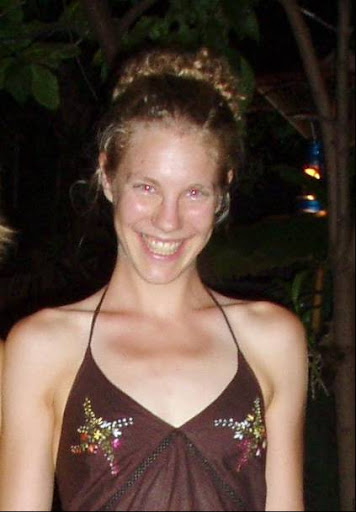Last night I joined other Indonesian students at Realia plus a couple of teachers, at the Ramayana Ballet. Pictures are here. I was curious to see the differences between this version of Ramayana and the performance I attended last year in
When we arrived at Prambanan, the first thing we noticed was the temple, which was spectacularly powerful as it loomed over the outdoor stage. We were a bit late to the show but it didn’t matter since the performance was three hours long. The dancers were dressed in colorful costumes – often with headdresses – and true to the Ramayana story there were too many characters to keep track of. Dancing was similar to what I saw in
The ballet was danced to traditional Indonesian music – gamelan – played by a group of musicians sitting on an elevated stage behind the dancers. Gamelan is beautiful, though it has a very different aesthetic than western music. Often the band sounds discordant to my classical and jazz-trained ears, but somehow the total result is emotional and beautiful.
The Ramayana story is long and complicated, and you can learn more about it here if you are interested. Although most Indonesian people are not Hindu (the religion was strong here many centuries ago) the ballet which originated in
